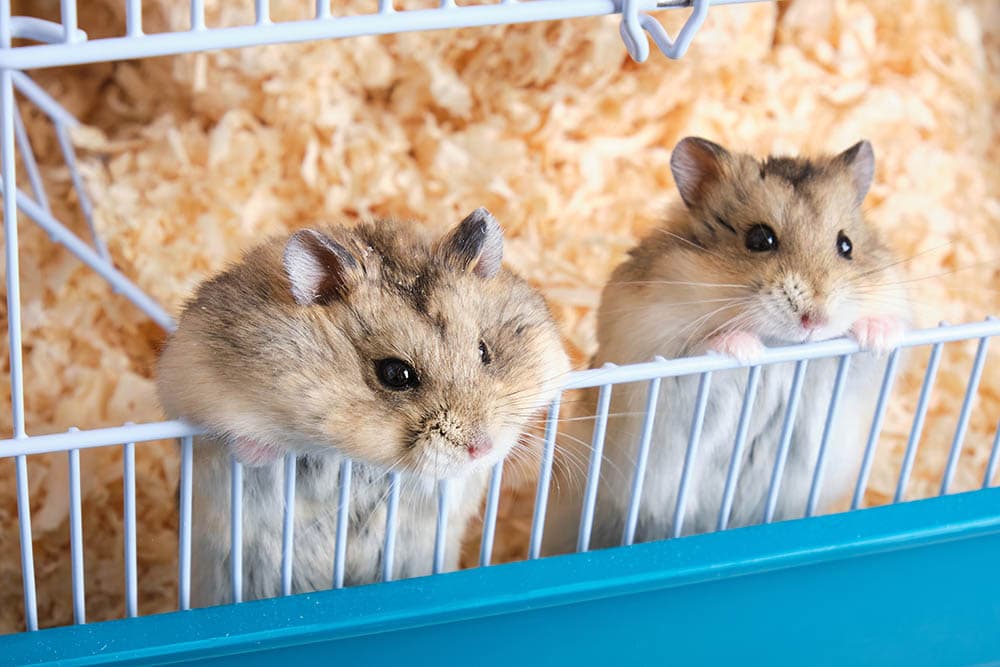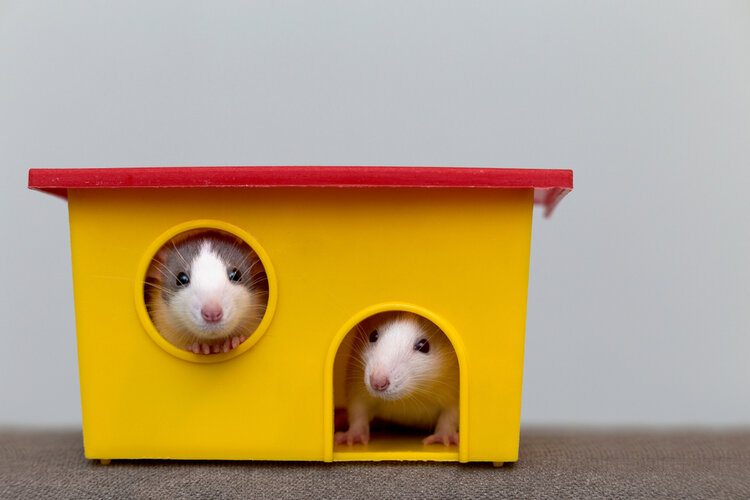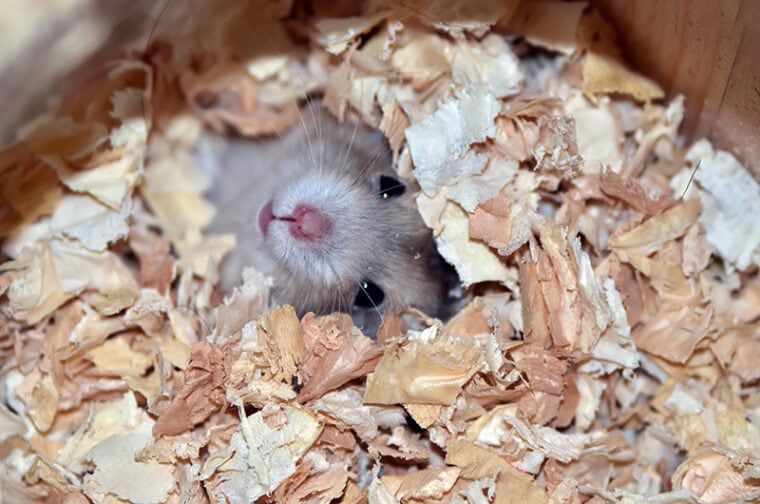
Hamsters are typically solitary animals, but they can occasionally be housed together if you have the right species and a proper introductory period. If you have more than one hamster living together, you might be curious about what will happen when one of them dies. Will your living hamster(s) mourn for their lost companions?
Hamsters can definitely miss their cage mates when they pass away, but they will not grieve in the same way sociable animals like guinea pigs would. Keep reading to learn more about housing hamsters in pairs and the grieving process they may go through when their cage mate passes away.
Do Hamsters Know When Another Hamster Dies?
Though many people don’t think of hamsters as friendly and affectionate pets, they certainly can be. If you keep hamsters together in a cage, one will definitely notice a change in their environment when another hamster passes away. It’s important to remember that most animals have no concept of death, so your pet won’t understand that its partner has died but will think that it’s gone somewhere else for the time being.
Your pet may become stressed or unhappy as it adapts to life without its cage mate. But remember, it has spent time adjusting to life with this other hamster, so it can hit them pretty hard when that other creature isn’t there anymore.
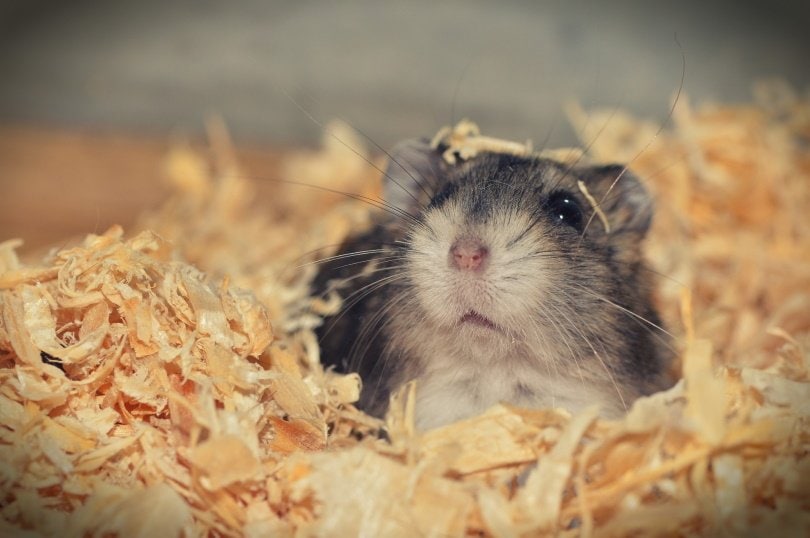
Can Loneliness Kill a Hamster?
You’re probably wondering if your living hamster will succumb to loneliness after losing its cage mate. This is highly unlikely. Hamsters are pretty solitary creatures in nature, and most prefer living alone, so while your living hamster may undergo an adjustment period after the death of its cage mate, it is not likely to pass away due to loneliness.
To help ease the transitionary period, we recommend spoiling your hamster. Buy it new toys and spend extra time playing with it. Watch for signs of lethargy and make sure it’s eating enough.
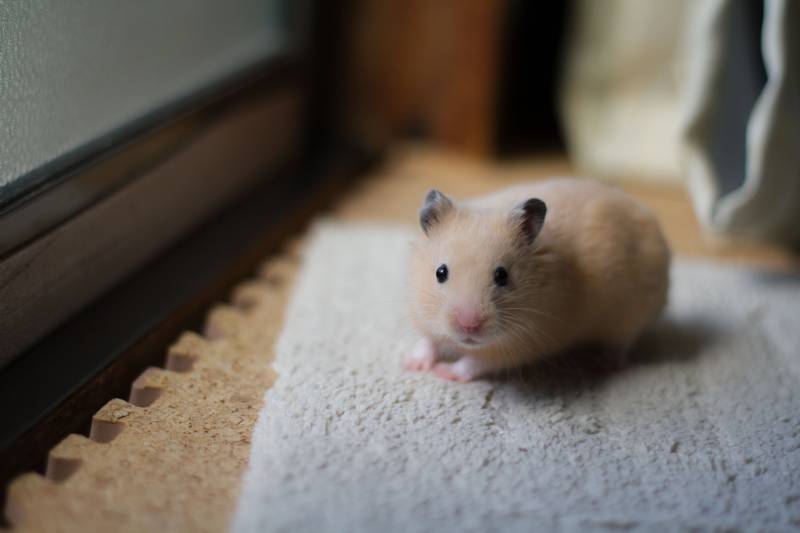
Should I Get My Remaining Hamster a New Cage Mate?
If your living hamster shows signs of sadness and loneliness after its cage mate passes away, you might think getting another hamster is the answer. This is not a good idea. The delicate equilibrium that existed in the environment your hamsters shared will be upset by the loss of one pet. Putting a new hamster into the cage will only cause problems.
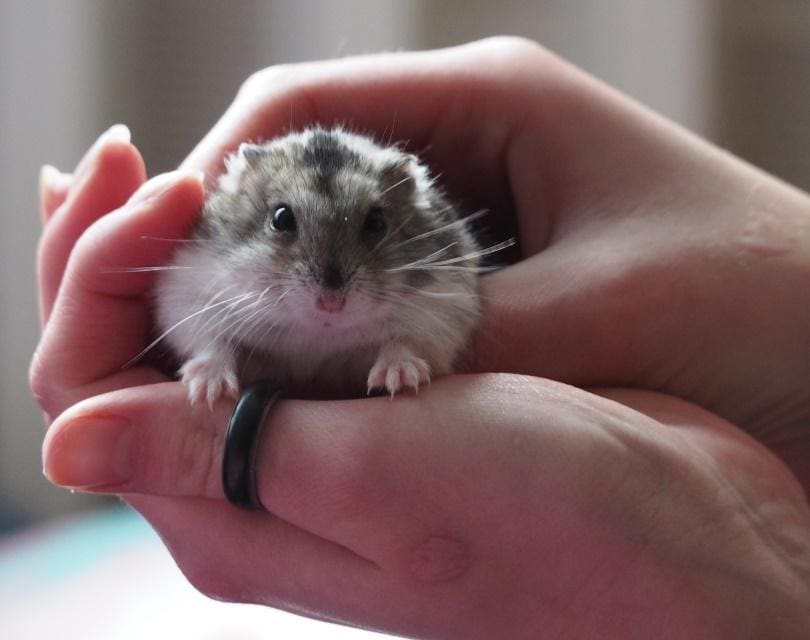
Do Hamsters Need to Be Kept in Pairs?
No, hamsters don’t need to be housed with other hamsters. They aren’t like guinea pigs, which must be kept in pairs. In fact, certain species shouldn’t be housed together at all. For example, Syrian and Chinese hamsters aren’t naturally sociable species and do better when they’re kept alone. In addition, housing two incompatible species together can lead to territorial behaviors and fights. Hamsters can even get aggressive enough to kill one another.
That said, some types, like dwarf hamsters, can be housed together safely, provided they’re introduced to one another at a young age.
Summary
Bonded hamsters are a rare occurrence but not entirely unheard of. If you’re lucky enough to have two hamsters that can be housed together, you may notice some behavioral changes in your living pet when its cage mate passes away. Your remaining hamster will adjust to the changes in its environment, but it may take some time. While it might sound like a good idea to buy another hamster to keep your living pet company, this is not recommended as it can cause fights and territorial behavior.
Featured Image Credit: Werner Sigg, Shutterstock


